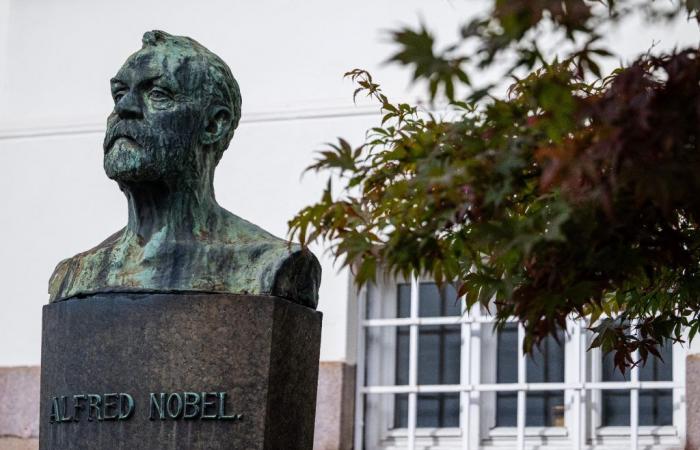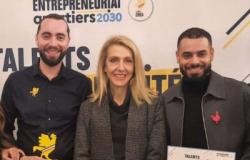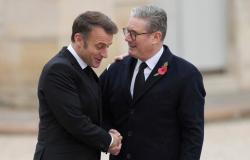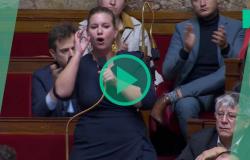The Academy of Sciences will announce at 11:45 a.m. (09:45 GMT) in Stockholm the name of the successor(s) to the American Claudia Goldin, awarded in 2023 for her work on the evolution of the place of women in the job market and of their income.
Rewarded for having “advanced our understanding of the situation of women in the labor market”, she is one of the very rare women – three out of 93 winners in 55 years – to have been distinguished in this category, after her compatriot Elinor Ostrom (2009) and the Franco-American Esther Duflo (2019).
“The general trend within society to attach more importance to parity and diversity has broadened the research process,” underlines to AFP Mikael Carlsson, professor of economics at the University of Uppsala (east).
“However, this is not a criterion taken into account to assess whether the scientific contribution is worthy of a Nobel Prize,” he insists.
To succeed Goldin, he is banking on two men, the Japanese Nobuhiro Kiyotaki and the Briton John H. Moore for their work on the way in which financial frictions can affect economic cycles. He also cites a woman, the American Susan Athey, for her work on the design of markets.
But what criterion should you use to make your Nobel prediction successful? For his colleague Magnus Henrekson, of the Industrial Economics Research Institute in Stockholm, the most obvious thing is to take an interest in the research areas of the members of the committee which recommends the winners.
– Prosperity and poverty –
Its president specializes in development economics, which should not be acclaimed because it was recently rewarded, he notes.
“I consider it unlikely that the same domain will receive the prize two years in a row,” notes Mr. Henrekson.
The Frenchman Philippe Aghion, formerly close to French President Emmanuel Macron, and the American-Turkish Daron Acemoglu are his favorites.
The name of the latter, author of several bestsellers including “Why Nations Fail: The Origins of Power, Prosperity, and Poverty” (translated into French as “Prosperity, power and poverty: Why some countries succeed better than others” ) comes up among many analysts.
For the online statistics platform Statista, “by examining past laureates and the state of current research in economics, we have a good idea of the candidates likely to receive a Nobel.”
She is counting in particular on Mr. Acemoglu for his “work on the way in which institutions, in the long term, facilitate or hinder economic growth”.
Among the other possible candidates, she highlights macroeconomists such as Olivier Blanchard (France), Larry Summers and Gregory Mankiw (United States), or economists who work on wealth inequalities, such as the Thomas Piketty trio (France ), Emmanuel Saez (France-United States) and Gabriel Zucman (France), often mentioned in recent years.
– Nature in the economy –
The American-Canadian Janet Currie, specialist in anti-poverty policies, is also a serious candidate, mentioned by the specialist firm Clarivate, which anticipates potential scientific Nobel laureates on the basis of citations in research articles.
He also highlights the Indo-British Partha Dasgupta, for “the integration of nature and its resources into the human economy” and Paolo Mauro, a former member of the International Monetary Fund, for “the empirical studies of the effects of corruption on investment and economic growth.
The only one not to have been provided for in Alfred Nobel’s will, the economics prize was created by the Swedish Central Bank “in memory” of the inventor.
It was added in 1969 to the five traditional awards (medicine, physics, chemistry, literature and peace), earning him the nickname of “false Nobel” among his detractors.
It closes a 2024 season which highlighted artificial intelligence for the physics and chemistry prizes and the Japanese group Nihon Hidankyo, committed against nuclear weapons, for peace.
In literature, the South Korean Han Kan — the only woman of the 2024 vintage — was rewarded while the medicine prize distinguished the Americans Ambros and Ruvkun for their work in gene regulation.
The winners receive a check for 11 million crowns (920,000 euros), to be shared in the event of multiple winners.






